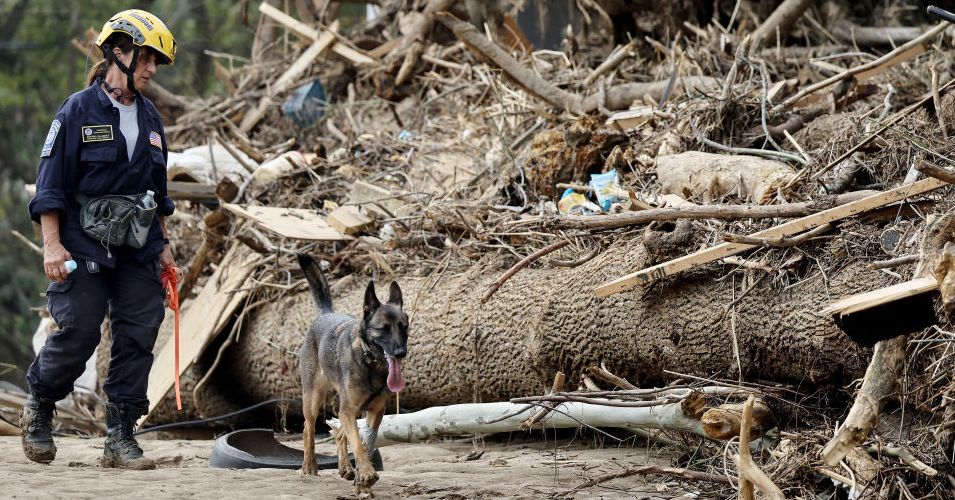Less than two months before the official start of hurricane season, the nation’s primary disaster-response agency faces an uncertain future. Employees working across the Federal Emergency Management Agency tell WIRED that a rapid erosion of tools, external partnerships, and practices—as well as the looming threat of staffing cuts and the exodus of senior staff—is bad news for the country as it heads into the summer, even if the agency reaches the season somewhat intact. FEMA staffers who spoke to WIRED were granted anonymity because they aren’t permitted to speak to the press.
The agency hasn’t seen “huge sweeping changes yet, but it doesn’t take much to completely screw a [disaster] response up,” one employee says. “We are being set up for a really, really bad situation.”
FEMA was established in 1979 as an independent agency by an executive order signed by President Jimmy Carter; after 9/11, it was moved under the Department of Homeland Security. In recent years, expensive disasters like Hurricanes Ian, Ida, and Helene, as well as the Covid-19 pandemic, have caused the agency’s spending to skyrocket.
The agency has long been a favorite target of conspiracy theorists. But last year, after Hurricane Helene tore through parts of North Carolina, Donald Trump, encouraged by right-wing influencers, amplified misinformation around the agency’s response to the storm, putting a political bullseye on FEMA leading into his second presidency.
During his first week in office, Trump signed an executive order establishing a council to review past disasters managed by FEMA and evaluating its current ability to respond to events, with the order criticizing the agency’s “efficacy, priorities, and competence.” In late March, Homeland Security secretary Kristi Noem said publicly at a cabinet meeting that DHS would “eliminate FEMA.” A day later, according to reporting from Politico and The Washington Post, Noem laid out a plan to cut the agency down to just immediate disaster response by October and move it under the purview of the White House.
“Unlike the previous administration’s unprepared, disgraceful and inadequate response to natural disasters like Hurricane Helene, the Trump administration is committed to ensuring Americans effected [sic] by emergencies will get the help they need in a quick and efficient manner,” Geoff Harbaugh, FEMA’s associate administrator of the Office of External Affairs, told WIRED in an email. “All operational and readiness requirements will continue to be managed without interruption in close coordination with local and state officials ahead of the 2025 Hurricane Season. Emergency management is best when led by local and state authorities.”
Exactly who is on the review council appointed by the White House—other than Noem and Defense secretary Pete Hegseth, cochairs appointed by the executive order—remains a mystery; some lawmakers claim to have been tapped to serve, but no public list has been published of official members. While January’s executive order requires the council to meet by April 24, the council’s only action thus far appears to be a request for public comment “to gain an understanding of [the public’s] experience with FEMA during disasters.” At the meeting in late March, CNN reported that Noem and other officials discussed the possibility of rescinding the executive order that established the council altogether. (WIRED asked FEMA for a list of council members and updates on when they plan to meet; the agency did not provide those details.)
